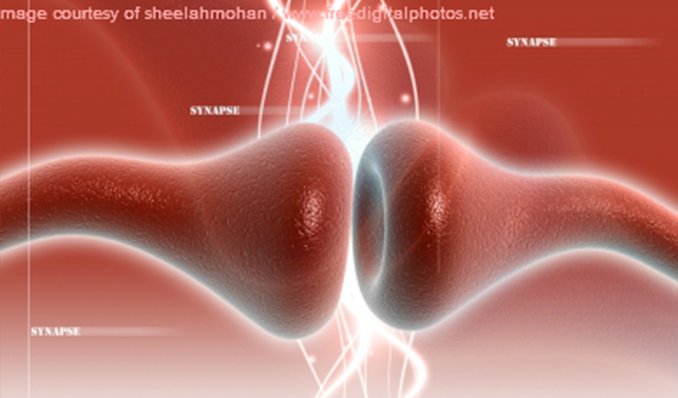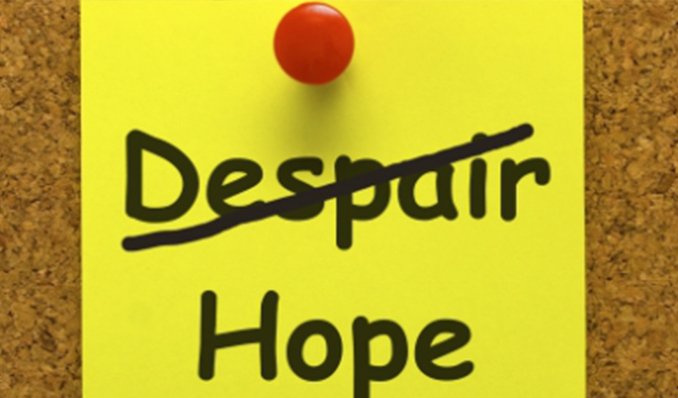Addiction

Your Addiction Stops Here
There is hope for people experiencing addiction. But first, we need to change the way we think about this often misunderstood disease.
Many experts consider addiction a chronic, relapsing disease that affects the brain. It is considered a brain disease because drug or alcohol use changes the structure and function of the brain. Subsequently, this “disease” causes compulsive substance seeking behavior regardless of the potential outcome or harmful consequence.

Drug-Addiction Disorder
Changing the nature of 21st century drug abuse terminology
Although the responsibility for our actions does reside with each individual, the very structure of the brain and our inherent biology combined with stressful or traumatic environmental factors creates an environment primed for addictive behavior. In fact, according to some scientists, the very nature of our brain places us in an already compromised or pre-addictive state.
The words abuse and substance abuse are judgmental and not accurate
In this context, the words “abuse” and “substance” abuse are judgmental and do not reflect what is actually occurring within the brain. These references are similar to calling a diabetic a sugar abuser and passing judgment on his or her high fructose diet.
Addiction Relapse is Common
Once an individual consumes an addictive substance, the subsequent physiological changes, specifically related to the brain, result in recurring addictive patterns. The brain and its’ reaction to the addictive substance perpetuates the addiction. For this reason, relapse is common. Given that this is a physiological response, addiction is not a character issue and relapses do not signal failure. We must, however, understand the structure and changes in the brain in this context in order to heal from addiction.

Are Some People More at Risk for Addiction than Others?
There is not one, single predictive factor that can identify who will become addicted and who will not. The very nature of the brain – combined with environmental, developmental and biological factors – all play a role in addiction.
A very simplistic description of addiction could be evidenced in the following destructive combination: brain structure + stress + toxin + vulnerable host = addiction
How Addictive Substances Work in the Brain
Addictive substances interfere with the way nerve cells send, receive and process information by tapping into the brain’s communication system:
The great imposters:
Addictive substances are great imposters because there is a chemical similarity between the brain’s neurotransmitters and the chemical structure of some drugs and alcohol.
The reward system:
Most addictive substances over-stimulate the reward system, either directly or indirectly, by flooding the brain’s circuits with natural neurotransmitters, such as dopamine. Dopamine is a neurotransmitter in regions of the brain that regulate emotion, motivation, feelings of pleasure and even movement.


Can Addiction Be Treated?
According to new research, treatment of addiction lies in the brain. In short, because the brain learns how to addict itself (neuroadapts), then the brain can also neuroadapt to a new, healthier neuronal-transmission process as well. This means people suffering from addiction can develop new behaviors and stop old, additive coping strategies or patterns. In closing, tailoring a program to address the triggers and patterns for the individual’s addiction can treat addiction. Addiction is a complex condition. Treatment outcomes and success varies upon the individual circumstance. However, with time and commitment, individuals can successfully re-wire their brains and re-author their lives.
Improve your quality of life now!
You don’t have to suffer. Your peace of mind and well-being are worth the investment.
FREE Phone Consultation. Call TODAY
778-371-3449
Call us Today to See How We Can Help You
We are a team of Psychotherapists and Registered Clinical Counsellors in Vancouver. We offer various proven methods (including but not limited to Cognitive Behavioral Therapy) to successfully manage stress and alleviate the anxiety from your life. We will tailor a program to meet your specific needs.
